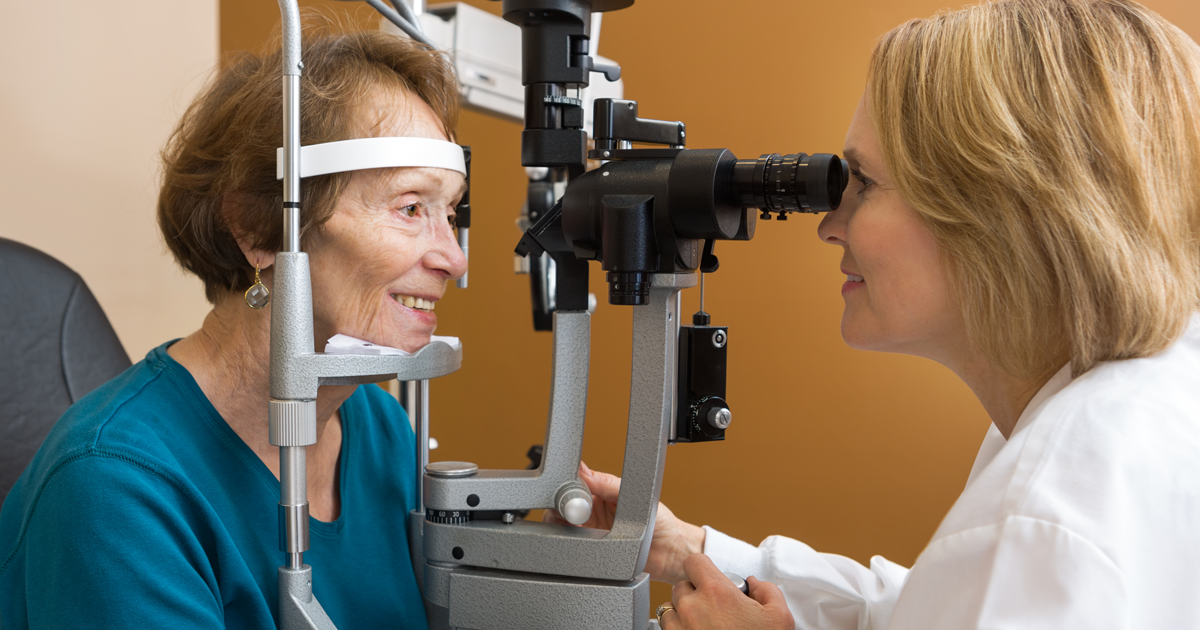Knowing Ocular Migraines
Anyone who has experienced a migraine before knows they can stop anyone dead in their tracks. Migraines are more than just simple headaches. They can take control and reduce an individual's ability to perform everyday tasks. Since migraines are quite complex, different types have been created to classify symptoms better. Start reading now to learn about one of the major types of migraines, an ocular migraine, including information on who it affects, causes, and even symptoms.
Ocular Migraine Basics

An ocular migraine often causes vision loss, which can be followed by a severe, pulsating headache. This type of migraine causes a number of symptoms, mainly involving vision dysfunctions, and are more common in young women than men. The good news is ocular migraines are rare, and only affect approximately one out of every two hundred individuals who suffer from migraines. However, ocular migraines are especially problematic and overwhelming. Thus, it is important for patients to seek help when ocular migraines are suspected to avoid lasting consequences and experience relief.
Continue reading to learn about the various causes of ocular migraines.
Causes

Ocular migraines are believed to be caused by blood vessels constricting and reducing blood flow to the eye. If a patient is able to get to the doctor when experiencing one of these migraines, they will be able to detect if there’s decreased blood flow to the eye. Some reports indicate there is a potential cause of ocular migraines in abnormal serotonin levels, which can influence the constriction of blood vessels and decrease oxygen to the brain.
Continue reading to learn about some of the major symptoms of ocular migraines and how this condition is different than migraines with aura now.
Symptoms

Ocular migraines typically cause vision loss in one eye, which is followed by a severe headache. However, before a headache occurs, individuals experiencing an ocular migraine may also have blurry vision, blank spots in vision, flashes of light, or other strange visual patterns. The headaches associated with ocular migraines can last anywhere from four hours to seventy-two hours. They also typically a throbbing pain and feel worse when the patient moves around. Patients are also likely to experience nausea and vomiting, as well as a heightened sensitivity to light or sound (even both).
Sometimes confused with migraines with aura, ocular migraines are unique in that symptoms are only experienced in a single eye. When it comes to migraines with aura, vision issues occur in both eyes instead.
Continue reading to learn about how doctors can diagnose a patient with ocular migraines.
Diagnosis

A doctor will speak to the patient about symptoms and examine their eyes. Of course, before reaching a final diagnosis of ocular migraines, doctors will also work to rule out other potential conditions. These other conditions include sickle cell disease, spasms in the artery bringing blood to the retina, giant cell arteritis, and other blood vessel problems related to autoimmune conditions. After ruling out these conditions and diagnosing ocular migraines through the eye exam and review of symptoms, doctors will then focus on treatment.
Continue reading to discover the full details on the treatment options available to individuals who experience ocular migraines.
Treatment

Since symptoms of an ocular migraine are brief, there isn’t a specific treatment to reduce vision loss. There are, however, medications to aid in pain relief should a severe headache occur. Some of the most commonly used treatments include aspirin, antispasmodics, calcium-channel blockers, and beta-blockers. Patients are recommended to reduce stress, quit smoking, control high blood pressure, maintain hydration, avoid excessive heat, and limit caffeine intake to prevent the onset of migraines, including ocular migraines.
Although frightening, ocular migraines are usually harmless and subside naturally. Patients who do experience vision loss, with or without the onset of a headache, should seek medical attention quickly. In rare cases, permanent vision loss has been reported due to this type of migraine.